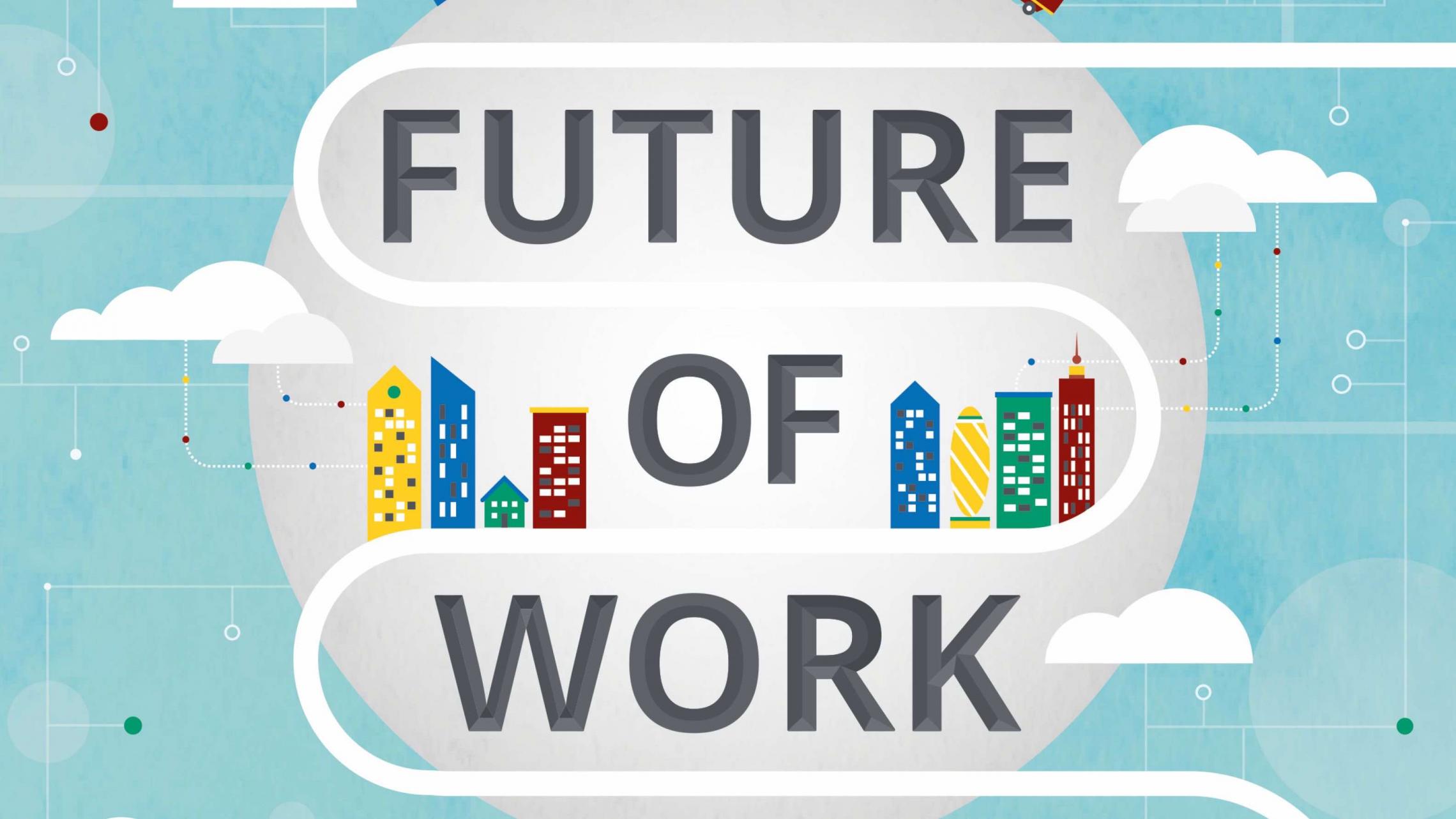The past few months have proven how much we, as a society, can adapt. We were able to witness that, in the world in general, including the corporate one, some changes happen overnight. What used to be treated as the future of work suddenly became present and demanded from us a quick and, in some situations, somewhat radical positioning: adapting or facing extinction.
It was with this in mind that many organizations migrated from the face-to-face to the remote environment and that even more conservative professionals have been looking for ways to adapt to the reality of the home office, hybrid work, virtual meetings, distance recruitment, and remote onboarding. It is a lot of change in such a short space of time. You can’t deny it.
However, the challenges for us to grow and evolve as an organization and as a professional are far from ending. Within the movements, I have been following and conversations with professionals from different hierarchical levels, my suggestion is that we have on the radar two themes that should dictate many rules in the coming months: technology and hiring professionals for projects.

Technology: the main agent of transformation
More than half of the 387 professionals interviewed (62%) for the production of the 15th edition of the ICRH believe that the advancement of technology and the automation of processes will expand job opportunities in the future. Of the total, 74% reported that, in the last five years, their functions have undergone some adaptation due to technological movements.
Here, I believe that a special alert is in order: today, technology is a subject for the entire organization and not just for the IT area. It can impact the routine of professionals at all hierarchical levels. So, so that there are no surprises, I recommend that professionals stay tuned about which technological innovations are trending in their area of expertise. At the same time, demonstrate openness to learn, adapt and evolve with the company.
Hiring professionals for projects: a way to optimize the workforce
Almost 60% of the 387 leaders interviewed for the composition of the ICRH say they believe that in the companies where they work the tendency is for there to be an increase in the use of skilled labor for projects with deadlines. The greatest demand in the coming months is expected to be in the area of technology. But there is also an expectation that it will increase the hiring of professionals for projects in the financial department, in the legal area, in sales, in human resources, and marketing.
These talents who work for a fixed period – in positions from analyst to director – are those specialists who enter the company to resolve an occasional, seasonal, or emergency issue, without inflating the number of permanent employees. With well-defined goals, your time in the organization has a start and end date, but it is always permeated with many advantages for both the employee and the employer.
The professionals with experience in this modality interviewed during the ICRH survey stated that this work model attracts them due to five priority factors: possibility of working in a company outside the country; act on a challenging project; expand knowledge and networking; work in the company of your dreams, and have more flexibility and quality of life. Organizations have already hired professionals for projects due to six factors: settling specific projects; become more agile and flexible; relieve team overload; lack of headcount; the unpredictability of the economic scenario; and changing the organization’s mindset.

Find out if you offer what the market is looking for
Whatever the job market scenario, now or in the future, one thing is certain: employers will continue to be more willing to teach a method or process to a professional than to guide them on how to behave with peers, managers, and customers. So much so that 74% of the 387 leaders interviewed by ICRH stated that, in a short time, behavioral competencies will be more important than technical knowledge. Today, skills have the same weight.
Thus, whether you are employed or looking for a new job, whether you are a leader or a team member, make a sincere assessment of your behavior in individual and teamwork. If you don’t know where to start this mapping, I suggest investigating your adherence to five skills of the work of the future: self-knowledge, self-criticism, emotional intelligence, self-management, and critical and analytical thinking. But don’t stop there.
It is increasingly common to see professionals being hired for the excellent technical level and dismissed for their behavior. You don’t want to be a character in this uncomfortable situation, do you?
